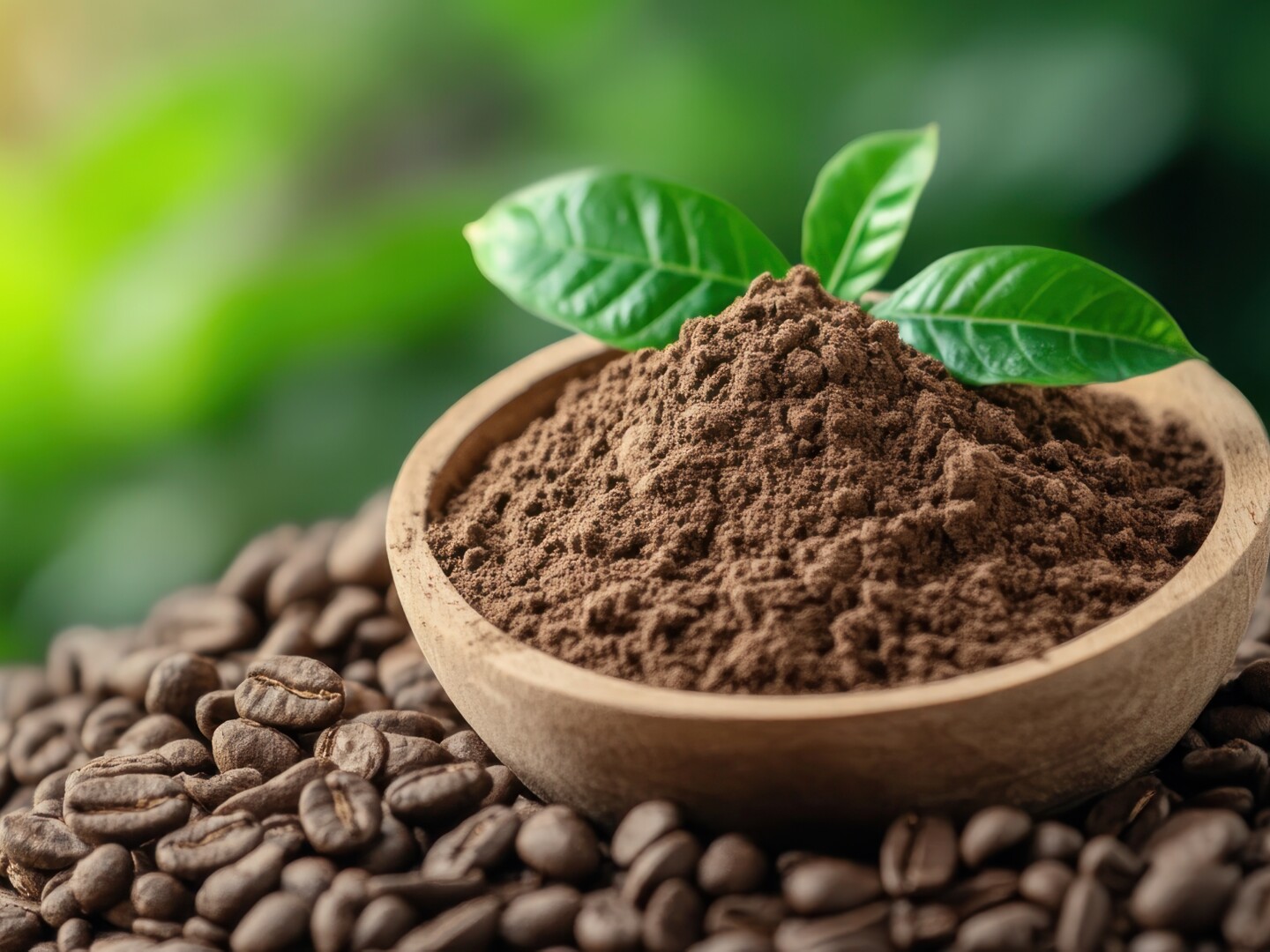


Featuring Bryn Frere-Smith, Founder of Blue Bear Coffee Co. Director of Oakwood Risk & Resilience.
Hi, my name is Bryn, and I have the privilege of leading Blue Bear Coffee. While many think of us as a coffee company, we’re actually an anti-slavery organization that happens to sell coffee. Our mission from the start has been to use business as a tool to fight human trafficking and modern slavery.
Today, I’ve been tasked with outlining the five biggest challenges to eradicating slavery in the coffee supply chain. In order to keep the article short, I’ll focus on one of the most pressing issues: climate change.
Just two weeks ago, I was in New York for Climate Week, where the conversation is increasingly shifting from “what if” to “what now.” As global temperatures rise, despite our best efforts to curb them, we are moving toward damage control. One story that stuck with me was from Jacinda Ardern, former Prime Minister of New Zealand, who talked about the Pacific Island nation of Tuvalu. This country is just a few years away from being submerged by rising sea levels—something they’ve seen coming for 30 years.
So, what does this have to do with modern slavery? Quite simply: everything.
Climate change is one of the biggest drivers of human trafficking and modern slavery today. As entire regions, and even countries, become uninhabitable due to extreme weather, populations are displaced. Many of these displaced people migrate out of desperation, making them vulnerable to exploitation. Where poverty, inequality, and unregulated migration intersect, human trafficking flourishes.
Let’s bring this closer to the coffee industry. There are two main types of coffee plants: Robusta and Arabica. Robusta is hardier, grows at lower altitudes, tolerates more heat, and has higher caffeine content. However, it’s bitter and doesn’t taste great. Arabica, the coffee that most of the world prefers, grows at higher altitudes—above 1,000 meters—and thrives in specific conditions found only within the equatorial “coffee belt.”
Here’s the problem: climate change is shrinking these ideal growing conditions. By 2050, it’s predicted that 50% of the land currently used for Arabica coffee won’t be viable. By the end of the century, naturally grown Arabica might not exist at all. This spells disaster for the 25 million smallholder farmers who grow 80% of the world’s Arabica coffee. These farmers can’t simply move to higher altitudes. As their land becomes unusable, they fall into poverty, becoming prime targets for exploitation and trafficking.
Additionally, the volatility in the coffee market—intensified by climate change—is forcing smaller, farmer-focused exporters out of business. This leaves room for large multinational traders who often prioritize profits over the working conditions of those at the bottom of the supply chain.
The solution isn’t easy, but if I had to highlight one, it’s this: we need to pay more for coffee. As Dr. Maryam Lotfi said in her article “10 Voices, 10 Strategies: Five strategies for sustainable supply chains“, earlier, we must increase the price we pay at every level—importers, wholesalers, retailers, and ultimately, consumers. We need to prepare for a future where a five-pound latte is a reality. It’s a necessary step if we want to ensure that coffee farmers are protected from exploitation and climate-driven poverty.
There’s so much more to discuss, but I’ll leave it there for now. Thank you for reading, and for the opportunity to share this vital issue. If you want to learn more about what we do, please visit bluebearcoffee.com or follow us on social media @BlueBearCoffee.